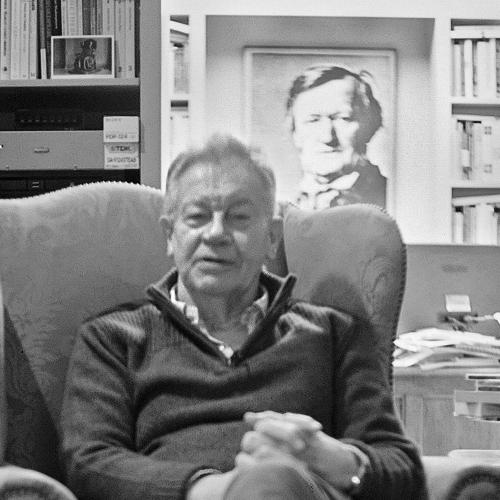COMPOSERS: Verdi
LABELS: TDK
ALBUM TITLE: Don Carlos
PERFORMER: Ramón Vargas, Iano Tamar, Nadja Michael, Bo Skovhus, Alastair Miles, Simon Yang, Dan Paul Dumitrescu, Cornelia Salje, Benedikt Kobel;
Vienna State Opera Chorus & Orchestra/Bertrand de Billy; dir. Peter Konwitschny (Vienna, 2004)
CATALOGUE NO: DVWW-OPCARLOS
Don Carlos is Verdi’s longest and, for many, his greatest opera. Written for Paris, to a French libretto, Verdi had to shorten it so that Parisians could catch the last trains home to the suburbs. For its Italian translation he made many more changes, and produced two strikingly different versions. On this DVD we have the original version performed complete for the first time (it claims), from Vienna. It is a notable achievement and musically in most ways fine, if not great. It does, though, make one appreciate Verdi’s revisions which were more often than not – in the great scene between Philippe II and the reforming Rodrigue, for instance – clear improvements.
The cast is a good team, though Philippe II needs to be a more towering presence than Alastair Miles is; and in the very tricky title role, Ramón Vargas fails to suggest the instability and wildness which are large parts of his character – though the composer is not exempt from blame here. What is controversial is Peter Konwitschny’s production, though by his outrageous standards it is tame. The opening scene, the only happy one, between Carlos and Elisabeth, takes place against a backcloth of the Universe. As soon as the news breaks that she is to marry his father, the scene shrinks to a white claustrophobic box and stays that way, apart from the excommunication scene in which Konwitschny uses the whole of the Vienna State Opera, including foyers, staircases and the orchestra pit. The audience looks uneasy. The performers behave with skittish abandon when not collapsing in grief. Now that I’ve seen it, I shall content myself with just listening in future, for I could find no depth and much distraction in the production. But what a magnificent work it is!
Michael Tanner
Verdi
Don Carlos is Verdi’s longest and, for many, his greatest opera. Written for Paris, to a French libretto, Verdi had to shorten it so that Parisians could catch the last trains home to the suburbs. For its Italian translation he made many more changes, and produced two strikingly different versions. On this DVD we have the original version performed complete for the first time (it claims), from Vienna. It is a notable achievement and musically in most ways fine, if not great.
Published: January 20, 2012 at 4:06 pm
